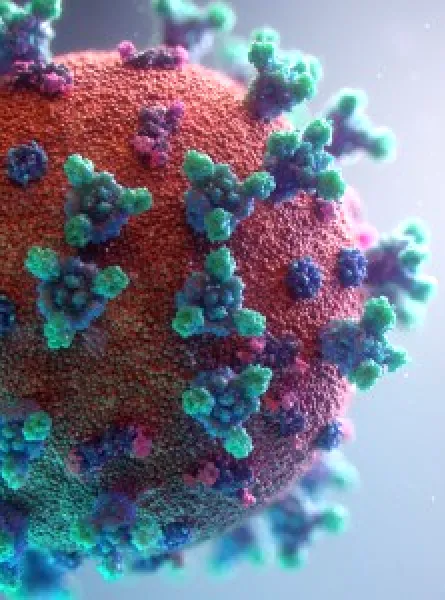
You've likely heard of detox cures, those popular diets supposed to "cleanse" your body of toxins. With promises of well-being and weight loss, it's easy to be tempted. But what actually happens in our body, and are these cures truly beneficial?
What is a Detox Cure?
Detox cures claim to purify the body of toxins through diets, juices, supplements, or herbs. They promise health and weight loss, but scientific research questions their effectiveness and raises concerns about their safety (1). Methods vary, sometimes including extreme practices like colon cleansing.
Our Body's Natural Detoxification
First, the good news: our body is already an incredible detox machine! Our organs, like the liver, kidneys, intestines, lungs, and skin, work together to eliminate anything we don't need. Think of the liver as a super-efficient sorter that transforms undesirable substances into something our body can easily eliminate. Not bad, right?
The Hidden Risks of Detox Cures
Despite their popularity, detox cures are not without risks. Some detox diets may do you more harm than good, causing for example significant dietary restriction. And the worst part? Science does not support the effectiveness of these cures. The benefits one might feel could instead come from healthier dietary choices, like eating more fruits and vegetables, and not from a true "detox" (2).
Moreover, detox treatments may seem effective because they often make us go to the bathroom, leading to short-term weight loss. However, they can cause dehydration, disrupt the balance of salts (electrolytes) in our body, and even lead to constipation after the treatment.
The Placebo Effect: When Believing Makes All the Difference
It's also important to understand the placebo effect. If you believe something will do you good, you might feel better, even if that something has no real effect (3). This explains why some people may feel revitalized after a detox cure, even though there is no scientific proof of its effectiveness.
A Friendly Tip: Opt for Balance
Instead of looking for quick and dubious solutions, the best approach to staying healthy is to live a balanced life (2). This means eating a varied and healthy diet, drinking enough water, getting plenty of sleep, and moving regularly. These habits will support the fantastic work your body is already doing on its own.
Listen to Your Body and Experts
Rather than succumbing to the enticing promises of detox cures, why not invest in healthy habits that have proven effective? Listen to your body and consult health professionals for tailored advice. At TeamNutrition, we can help you make smart and sustainable dietary choices. Contact one of our dietitians nutritionists today!
References
- National Center for Complementary and Integrative Health. (2019). “Detoxes” and “Cleanses”: What You Need To Know. U.S. Department of Health & Human Services, National Institutes of Health. Récupéré de https://www.nccih.nih.gov/health/detoxes-and-cleanses-what-you-need-to-…
- Klein, A. V., & Kiat, H. (2015). Detox diets for toxin elimination and weight management: a critical review of the evidence. Journal of human nutrition and dietetics : the official journal of the British Dietetic Association, 28(6), 675–686. https://doi.org/10.1111/jhn.12286
- Požgain, I., Požgain, Z., & Degmečić, D. (2014). Placebo and nocebo effect: a mini-review. Psychiatria Danubina, 26(2), 100–107.
- Gavura, S., & Gavura, S. (2017, January 30). The Detox Scam: How to spot it, and how to avoid it | Science-Based Medicine. Science-Based Medicine. https://sciencebasedmedicine.org/the-detox-scam-how-to-spot-it-and-how-to-avoid-it/
- Institut national de santé publique (2008). Bénéfices, risques et encadrement associés à l’utilisation des produits, services et moyens amaigrissants (PSMA) [EN LIGNE] https://numerique.banq.qc.ca/patrimoine/details/52327/78540?docref=firTbrAsqdnEKVkI3MAtaA%3E
- Obert, J., Pearlman, M., Obert, L., & Chapin, S. (2017). Popular Weight Loss Strategies: a Review of Four Weight Loss Techniques. Current gastroenterology reports, 19(12), 61.





